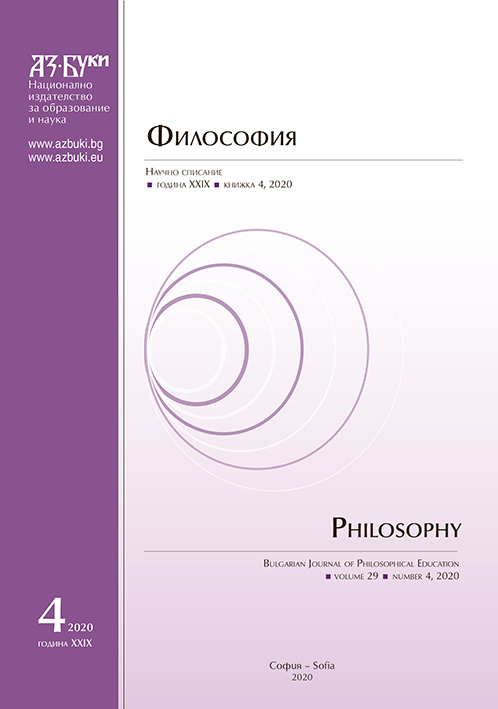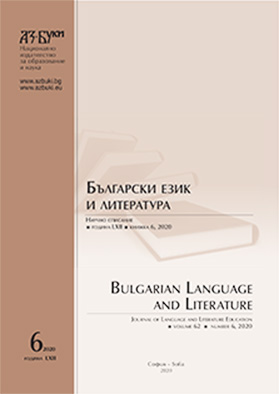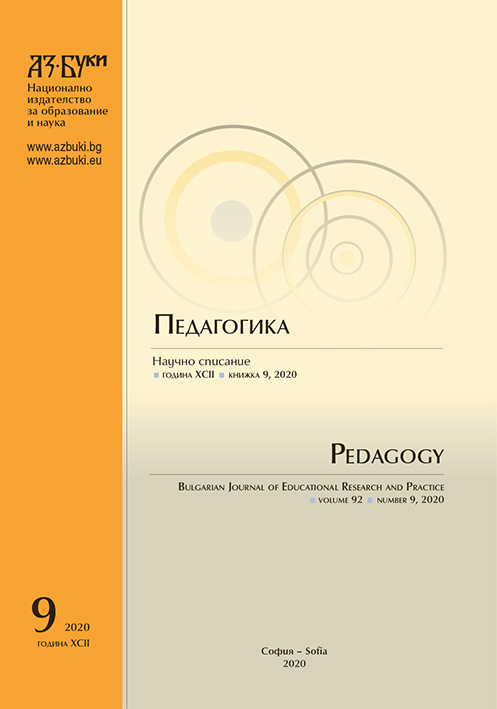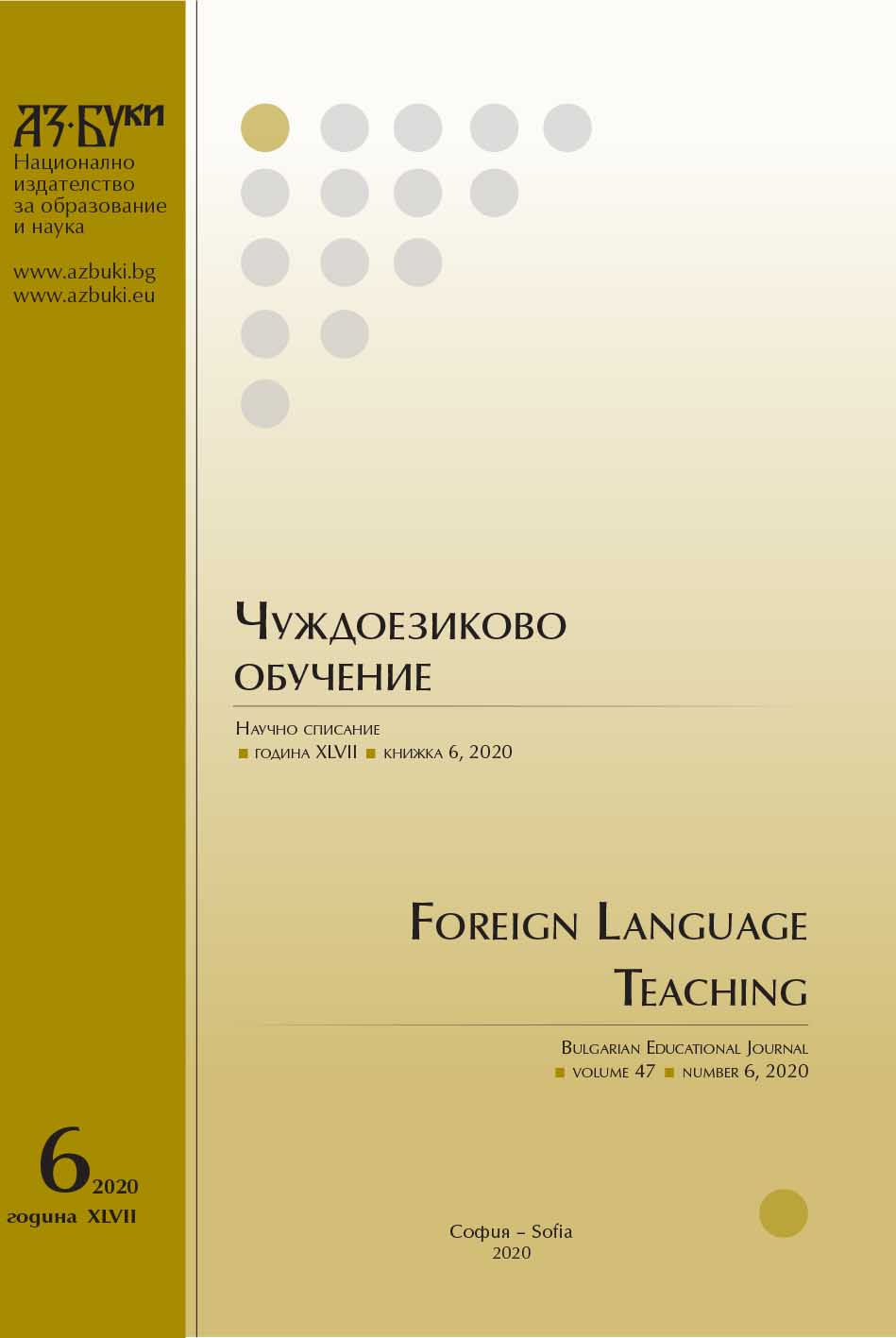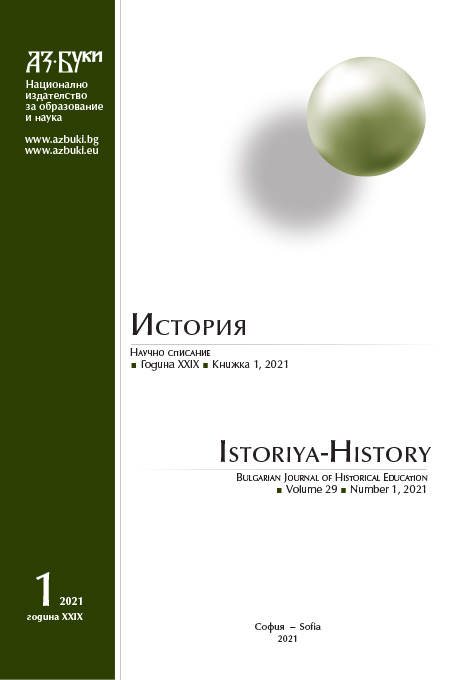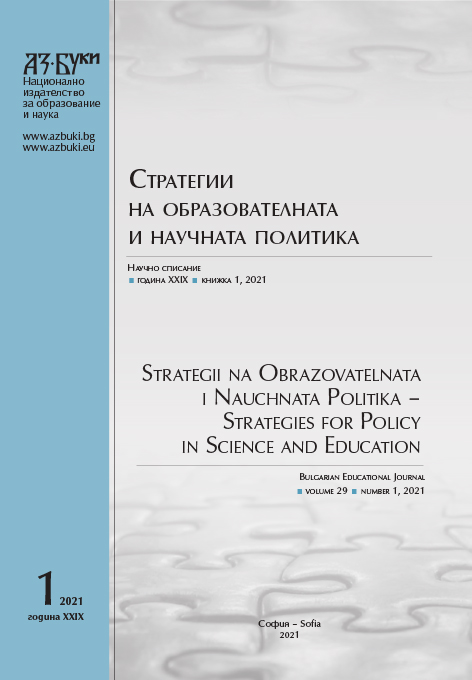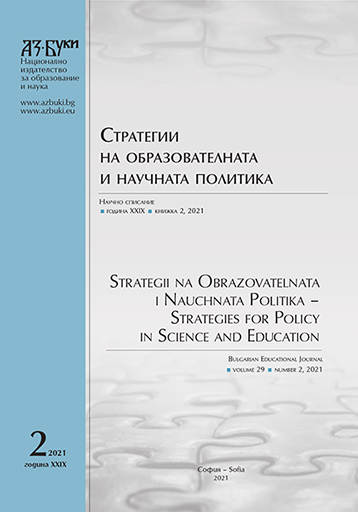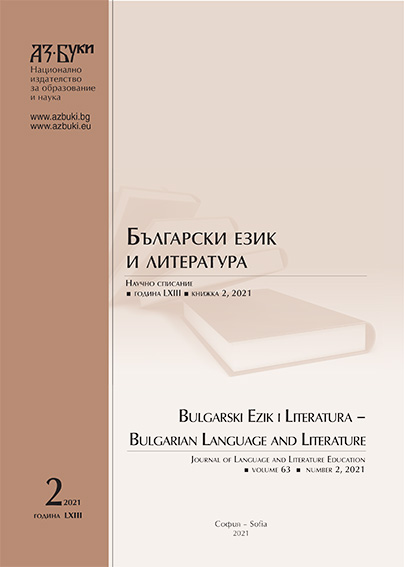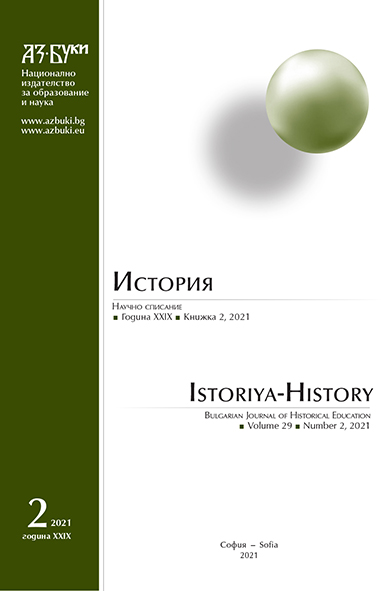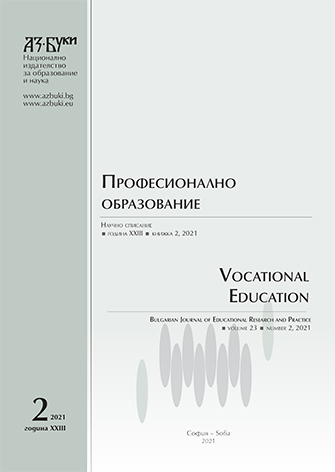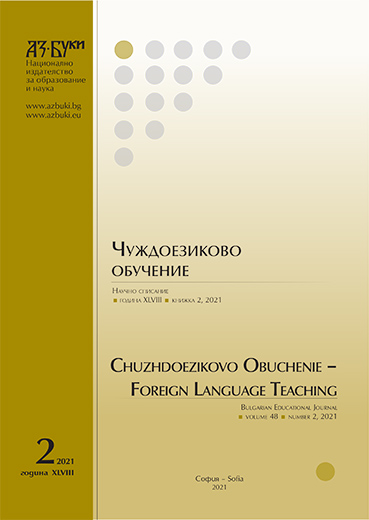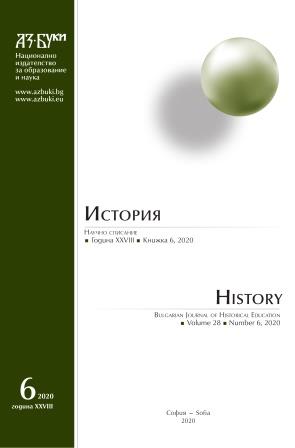
Nationalization of the Russian Army on the Romanian Front in 1917 – 1918
At the end of 1917 and the beginning of 1918, the process of the nationalization of army units took place on the Romanian Front of the Russian army. In conditions of army disintegration, in order to keep the front fighting against the Central Powers, the Russian Command planned to create two Ukrainian, two Polish, one Muslim corps, as well as Belarusian, Lithuanian, Moldovan, and Siberian military units. During the nationalization of troops on the Romanian Front, the entire corps and divisions, as well as smaller military units were given over to Ukrainization, Polonization, Muslimization, etc. Based on archival documents, the article identifies the numbers of major military units, smaller units and subdivisions intended for nationalization, and traces the course of nationalization. The causes of failures of the nationalization process were determined, and the fates of the nationalized formations of the Romanian Front were traced.
More...
